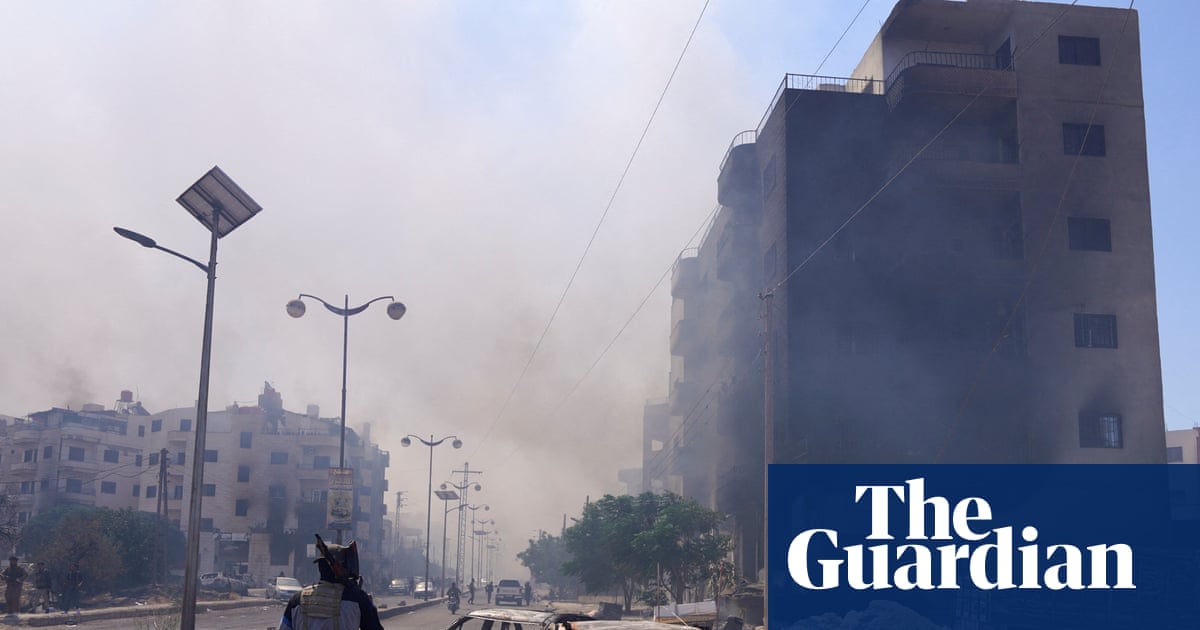Fragile Calm Returns to Syria’s Sweida After Week of Deadly Violence; Humanitarian Crisis Deepens
Fragile Calm Returns to Syria’s Sweida After Week of Deadly Violence; Humanitarian Crisis Deepens

A precarious calm has settled over Syria’s southern Sweida province since Sunday, following a brutal week of violence that resulted in over 1,000 fatalities and displaced more than 128,000 people. Reports from local residents indicate a “tense calm” after fighters withdrew, yet the humanitarian situation remains dire, marked by critical shortages of water, electricity, and medical supplies. Hospitals in the region are largely inoperative, struggling to cope with the extensive casualties.
Humanitarian aid is now reaching the province, with the Syrian Arab Red Crescent and the health ministry dispatching convoys of food, medicine, water, and fuel. The conflict, which ignited from a dispute between a Bedouin tribesman and a member of the Druze minority, rapidly escalated, drawing in government forces and prompting Israeli airstrikes on Syrian military targets, partly in an effort to protect the Druze community.
International calls for peace intensified over the weekend. The United States announced a ceasefire agreement between Syria and Israel on Saturday and subsequently urged all factions to lay down arms. US Special Envoy Tom Barrack stressed the urgent need for dialogue, while Secretary of State Marco Rubio warned Syria’s new government to ensure accountability for atrocities and prevent extremist incursions. The European Union also voiced its alarm over the civilian casualties, calling for an immediate cessation of violence and respect for Syria’s sovereignty.
Syria’s interim president, Ahmed al-Sharaa, announced a ceasefire on Saturday, reiterating his pledge to protect the nation’s ethnic and religious minorities. He urged tribal fighters to leave the city, emphasizing the state’s role in restoring security. The interior ministry confirmed that Sweida city had been evacuated of tribal fighters, and clashes within city neighborhoods had ceased.
Disclaimer: This content is aggregated from public sources online. Please verify information independently. If you believe your rights have been infringed, contact us for removal.